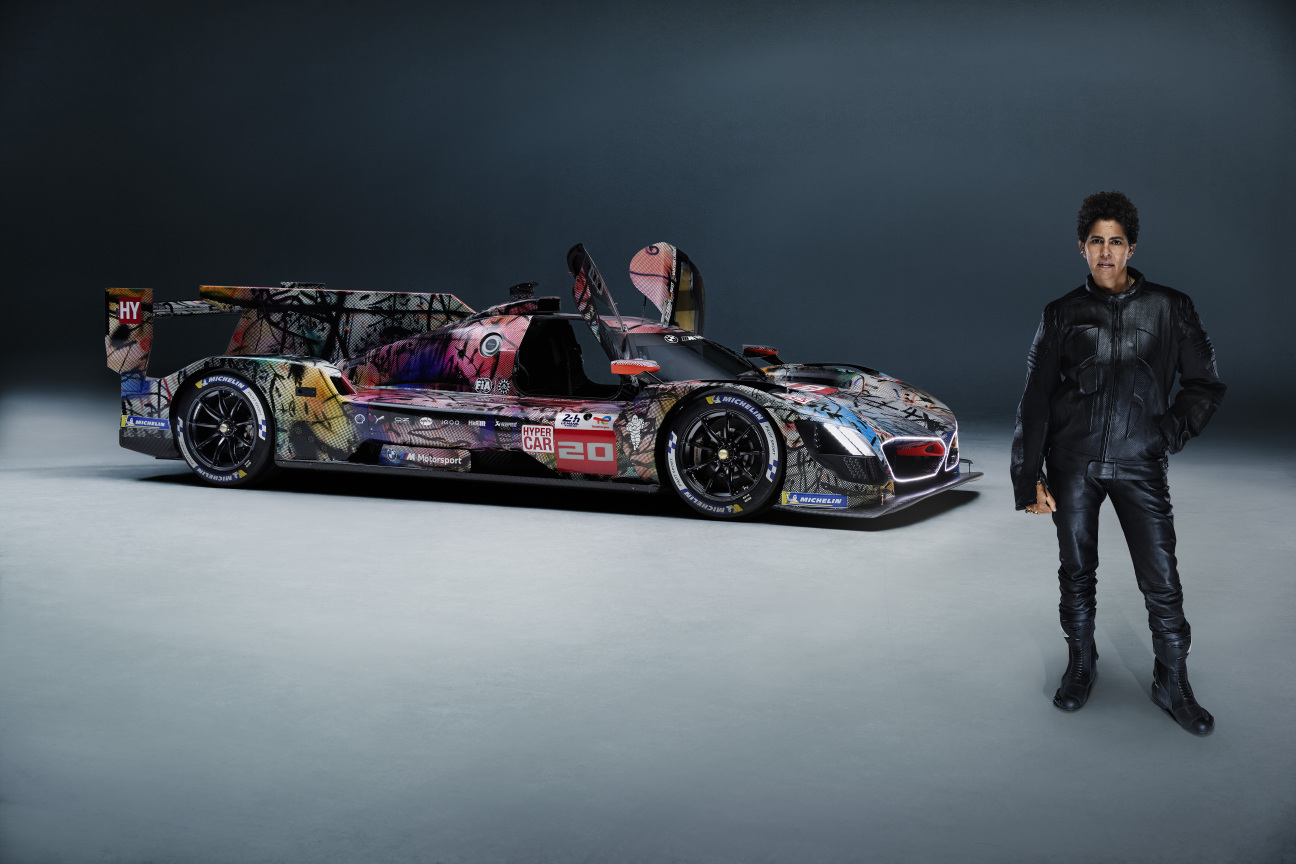
In March 2020, the artist Julie Mehretu was in upstate New York and trying, like the rest of us, to adapt to life in lockdown. She was also trying to decide if she should accept an invitation to design the next BMW Art Car—a proposal that could have felt insignificant against the backdrop of a global pandemic.
Her mind turned to her friend Okwui Enwezor, the influential curator who had died a year earlier. “I was really missing Okwui in that moment,” she says. “He was such a visionary thinker and I really missed his voice as we were trying to figure out how to navigate this major international challenge.” It was then that her two trains of thought converged: “I started to think about what Okwui would do, and that was when I started to think expansively around the idea of the car.”
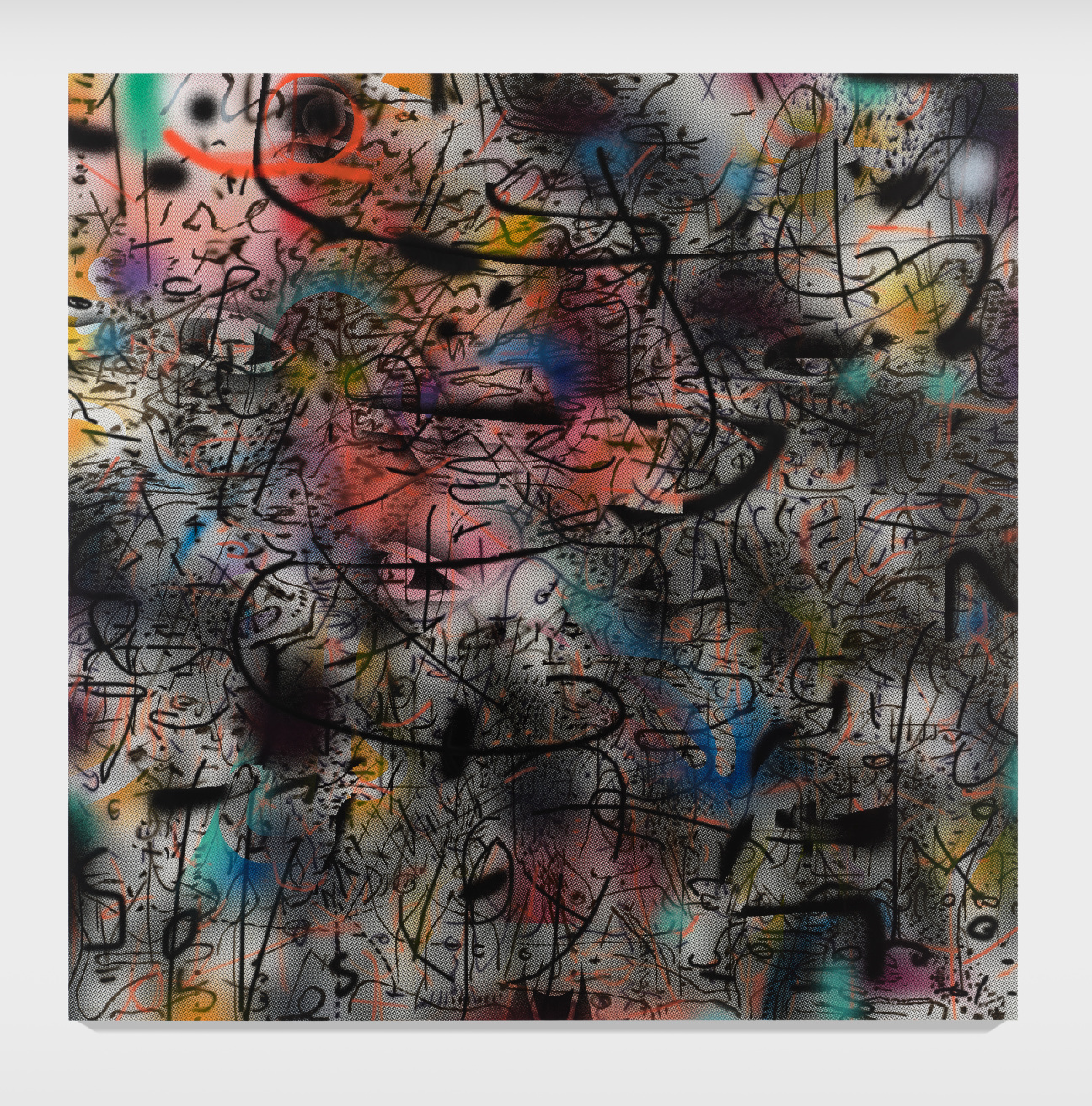
Mehretu’s rumination—born out of a moment in which she, along with everyone else, had limited mobility—is now taking shape in a two-part project that spans the African continent and will touch the lives of thousands of people. The car she designed makes its track debut at the 24-hour endurance race Le Mans, in the South of France on June 16. It is the latest installment of BMW’s Art Car series, which started in 1975 with Alexander Calder and has since seen collaborations with the likes of Andy Warhol, Frank Stella, Jeff Koons, Jenny Holzer, and more than a dozen others.
Mehretu’s car, an M Hybrid V8, is outfitted in a remix of her painting Everywhen, on view as part of her novel exhibition at the Palazzo Grassi in Venice through January 2025. “We played with it on the computer modeling program and I collaged parts of the painting into other parts, so it’s a total remix of a painting that exists, but it’s totally mashed up differently here,” she explains. The car will compete nonstop for 24 hours at speeds of up to 145 miles per hour, with a team of three drivers and dozens of other teammates making it all happen. For Mehretu, it won’t become a complete work of art until the race is over and the residue from its efforts—like scuff marks from the drivers’ boots—is visible.
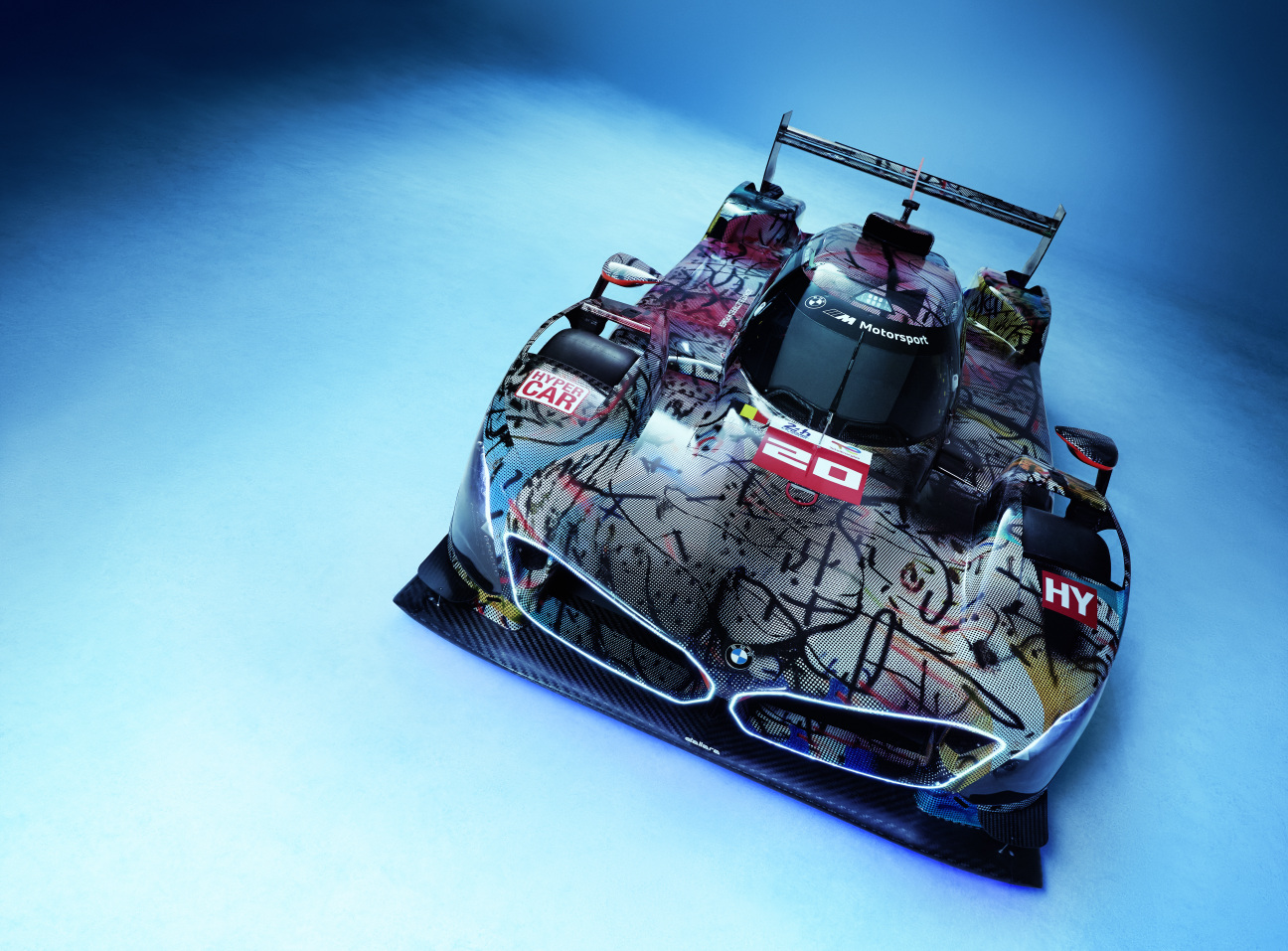
In those early days of Covid, Mehretu also found herself thinking about mobility, resources, and infrastructure, which is how the second part of her project came to be. “I got excited about the idea of playing with infrastructure because we need infrastructure on the continent and we need a more Pan-African project,” she says. “It was part of the early days of thinking through what modernity would look like on the continent, and that’s really failed.” In order to start building that infrastructure, Mehretu asked BMW to sponsor a multi-city series of PanAfrican Translocal Media Workshops, which will bring artists and filmmakers from the continent together in several cities, in collaboration with the African storytelling incubator The Realness Institute.
“The problem is that so much of this work is being done in these isolated places,” Mehretu says. “The idea with the workshops is to connect these artists to one another outside of the film festivals, so they can think through and talk through these ideas together.” The workshops, which kick off this fall, will culminate in an exhibition at Zeitz MOCAA, in Cape Town, in 2026.



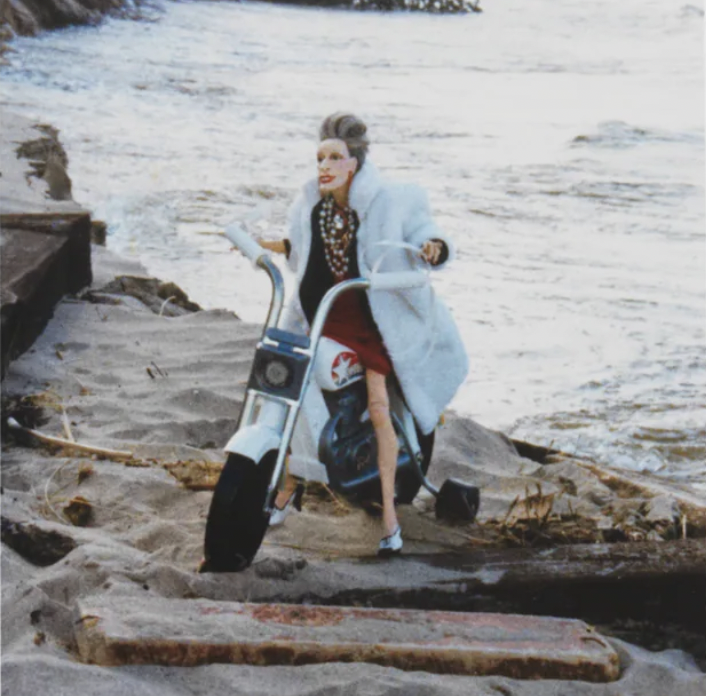


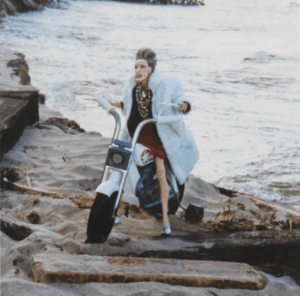



 in your life?
in your life?

